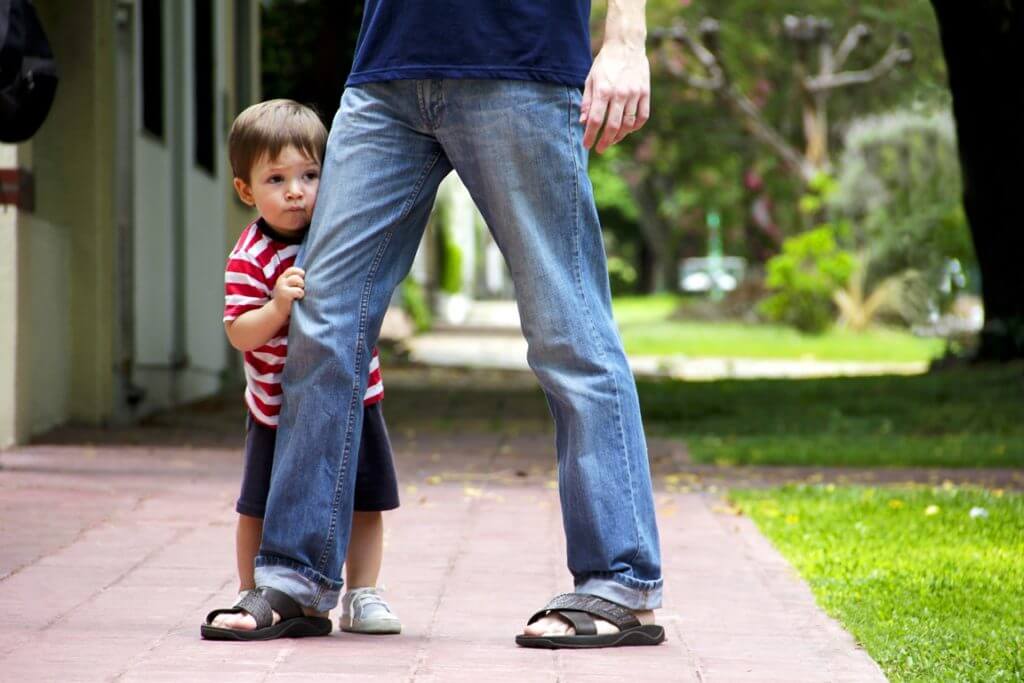
If you are heading for divorce and you have children, you might be facing a very challenging ordeal. While the general thought is that the court will automatically award custody to the mother, Minnesota courts often award joint custody. This means that you and your future ex-spouse will each have the right to spend time with your children. You may have to alternate weekend and create a schedule for birthdays, holidays and after-school activities.
However, no decision is a slam-dunk. It may take some effort to win custody even if you feel you are the obvious choice for the role of primary caretaker. Read below to find out some common mistakes to avoid during your custody case.
Are you involved?
If you wish to be the primary caretaker, you must be involved in your children’s daily lives in multiple ways. This means that you have to spend time helping them with homework, getting them fed, bathed and clothed, and even seeing them off to school. If you are actively involved, a judge might decide might award primary custody to your ex.
Are you active outside of the home?
You should be involved in your children’s school and extracurricular activities as much as you are with their home lives. You should know their teachers’ names, what classes they are taking, and whom they are spending their time with. In addition, you should be present for teacher meetings and other events.
Is there evidence of negative actions?
With the technology available today, it is much easier to present evidence of wrongdoing or instability. It only takes a few text messages, emails or calls to make you the bad parent. If you are tempted to call your ex and give him or her a piece of your mind, take it out at the gym or through some other positive and healthy outlet. If your ex has evidence of you ranting and raving, the judge may look at that as evidence that you are not stable enough to care for your children.
If you are considering divorce, prepare yourself for certain aspects of the process, such as a child custody hearing. Be sure you make every effort to protect your status as the primary caretaker if you intend to have custody of your children.


